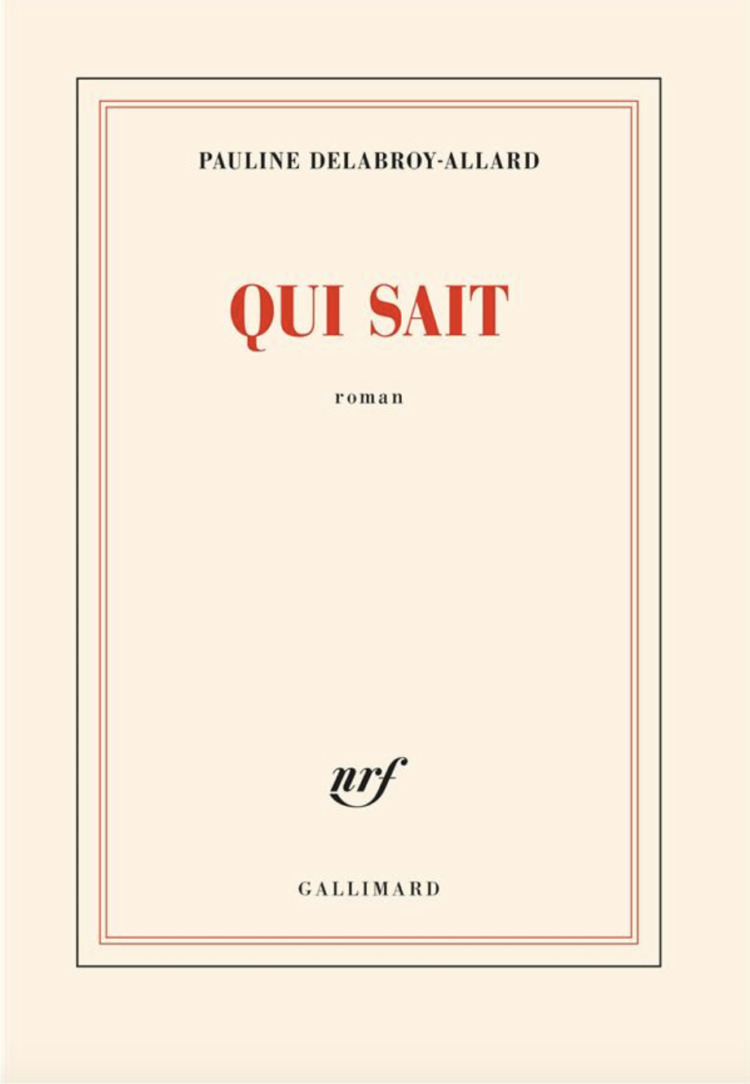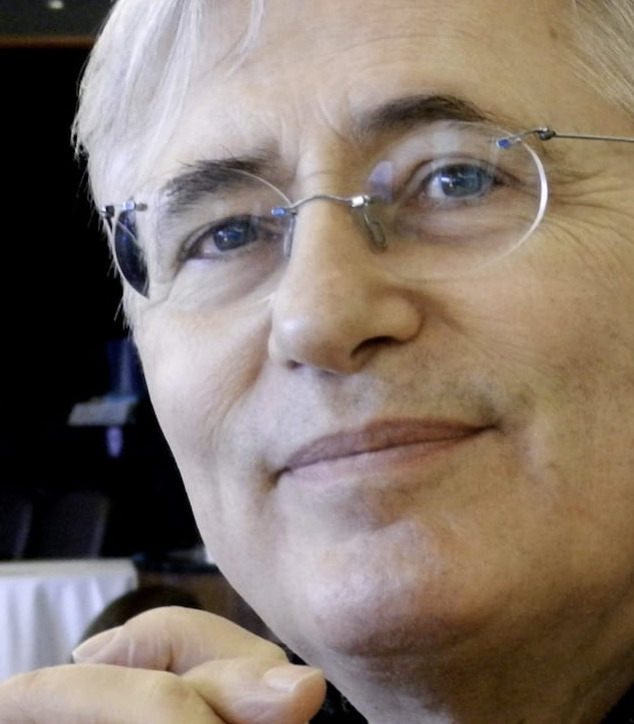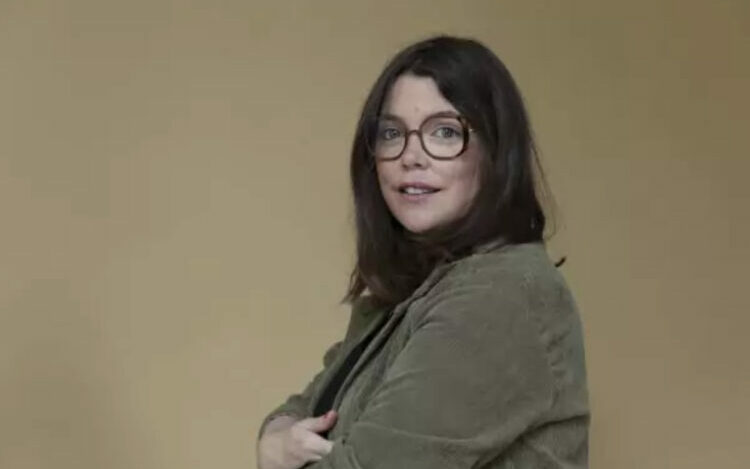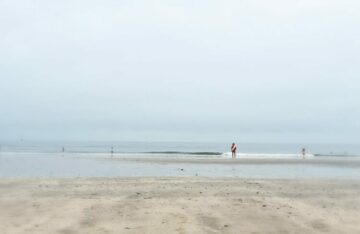This month, we open our workshop, offering a French and an English creative writing proposal conceived by Alain André; sharing it with l’EACWP (European Association of Creative Writing Programmes). All members can participate ! Enjoy, and write your text until 13th of December !
Autofiction, autobiographical novel, pure fiction? Which is your way ? Are you the next Annie Ernaux or definitively not? Alain André suggests you may write in relation with the last book published by the young French writer Pauline Delabroy-Allard, Qui sait (Gallimard, 2022).
Register freely here to the online workshop, deposit your text, read and exchange with the other participants. We’ll be happy to receive your text (1 500 typographical signs) up to the 13th of December.
For those who are not registered yet on teams, please file your application here. You will be given a link to contribute freely.
A writer
Pauline Delabroy-Allard is a young French writer. She published her first text, entitled All about Sarah (Éditions de Minuit) in 2018. She was hardly thirty at the time. It was telling about a passion between two women and was clearly an autofiction. Her second book was published by Gallimard with the generic indication “novel”. It however is clearly an autofiction.
A novel?
 Its title is Who knows (“Qui sait”). The narrator is pregnant and wonders about her origins. For the first time in her life, she wants to have an identity card and reads these rather mysterious middle names she had been given when she was born : Pauline as a first name, but also Jeanne, Jérôme, Ysé… The narrator is wondering : “Who are they?” Jeanne seems old-fashioned; Jérôme is a first name for a man; and Ysé sounds strange, a first name she’d never met anywhere else. She makes up her mind: she will know where do they come from. So begin the three successive investigations the story is composed of.
Its title is Who knows (“Qui sait”). The narrator is pregnant and wonders about her origins. For the first time in her life, she wants to have an identity card and reads these rather mysterious middle names she had been given when she was born : Pauline as a first name, but also Jeanne, Jérôme, Ysé… The narrator is wondering : “Who are they?” Jeanne seems old-fashioned; Jérôme is a first name for a man; and Ysé sounds strange, a first name she’d never met anywhere else. She makes up her mind: she will know where do they come from. So begin the three successive investigations the story is composed of.
First and middle names
Of course, this is a good starter to have people write about their own first and middle names. Which I did. I’ll just ask you to write them on a sheet of paper and write one sentence for each: about where you think they come from. Two or three sentences.
Families
I’d like to jump straight to the main exercise I’d like to suggest from this book. Pauline was wondering about her names. Now she realizes that, in her family, they don’t talk about the past: about her parents’ past, and that everybody avoids asking questions. And suddenly we have this passage (translation Alain André and Pamela Ireland-Duffy) :
“We don’t have a television. We don’t have new clothes. We don’t have spread on our bread in the mornings. We don’t eat sweets. We don’t cross borders into countries we weren’t born in. We don’t talk about our parents’ past. We don’t ask questions. We do our homework. We have our showers. We finish our plates. We clean our teeth. We go to bed. We whisper in the dark. We go to the college of music. We go to the museum. We go to the theatre. We get presents of gift-wrapped books. We listen to the radio. We don’t listen to pop songs. We don’t know who Johnny Halliday is. We don’t know who Michel Platini is. We don’t ask questions. We don’t ask who Johnny Halliday is. We don’t ask who Michel Platini is. We don’t ask who our parents are. We go to the cinema. We go to La Samaritaine. We pinch Craven A cigarettes from the drawer in the wooden desk. We go to the public library. We go to our music-reading lessons. We don’t look at photos. We don’t know who Leonardo DiCaprio is. We don’t know who the Spice Girls are. We don’t ask who the Spice Girls are. We don’t ask who Leonardo DiCaprio is. We cry when François Mitterrand dies. We have baby-sitters. We don’t like them. We don’t ask them questions. We have our showers. We put our slippers on. We practise our musical instruments. We go to the swimming pool on Saturday mornings. We eat red mullet from the Sunday morning market. We go for a walk on Sunday afternoons. We don’t talk about how it was before. We don’t ask questions. We don’t ask anything. I don’t ask anything. I am growing up in a blank space. I invent answers. In my native language.”
We have about 50 assertions. “We” may refer to the whole family, including the parents (“we don’t have a television”; or to the siblings (“we do our homework”); and it changes into a “I”, just for the last sentences.
The suggestion is very simple: would you try to do the same thing with your own family.
You have to use the repetitive form “we”, except for the very last sentences. It doesn’t matter whether you’ll get 10 sentences or more. You just have to use the repetitive form “In my family we” and see where this path will lead you after a while. Then send the resulting text to L’Inventoire (one standard sheet).
My point of view
I published books belonging to different kinds of narrative writing but I do not give much importance to these classification tools. They are useful, but do not change novels and autofictions into platonist entities.
Who knows is clearly an autobiographical narrative, delivering a personal story with a wonderful energy. The sort of litany she uses to give a precise account of her family context is a good example of her style.
Alain André
 Former French literature teacher, he founded ALEPH-ECRITURE in Paris (1985). Pedagogical director of the school (1985- 2015) and member of the EACWP Board (2008-2014), he is now teaching creative writing either on line or in presential sessions in the French town of La Rochelle, where he lives. As a writer, he published novels, short stories and several essays about creative writing (aims, methodology, teachers’ training). This workshop about the last novel written by Pauline Delabroy-Allard was first given in Madrid for the 6th EACWP Pedagogical Conference (Association Européenne des Programmes d’Écriture Créative).
Former French literature teacher, he founded ALEPH-ECRITURE in Paris (1985). Pedagogical director of the school (1985- 2015) and member of the EACWP Board (2008-2014), he is now teaching creative writing either on line or in presential sessions in the French town of La Rochelle, where he lives. As a writer, he published novels, short stories and several essays about creative writing (aims, methodology, teachers’ training). This workshop about the last novel written by Pauline Delabroy-Allard was first given in Madrid for the 6th EACWP Pedagogical Conference (Association Européenne des Programmes d’Écriture Créative).




